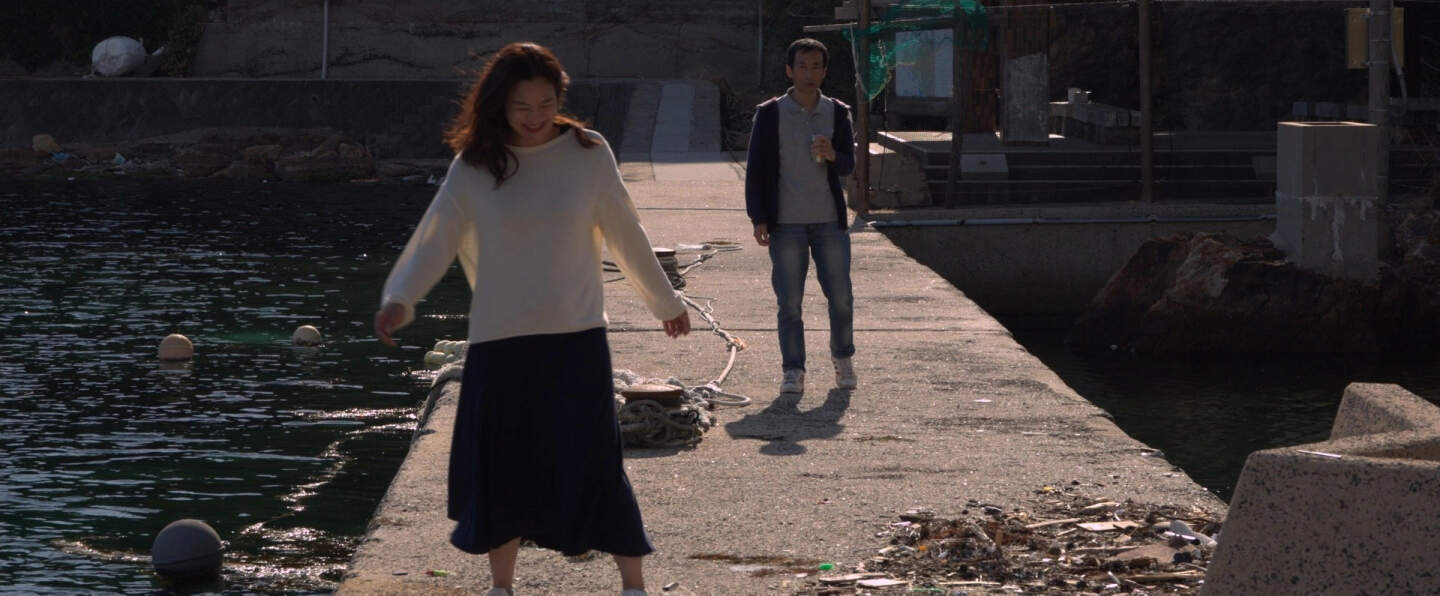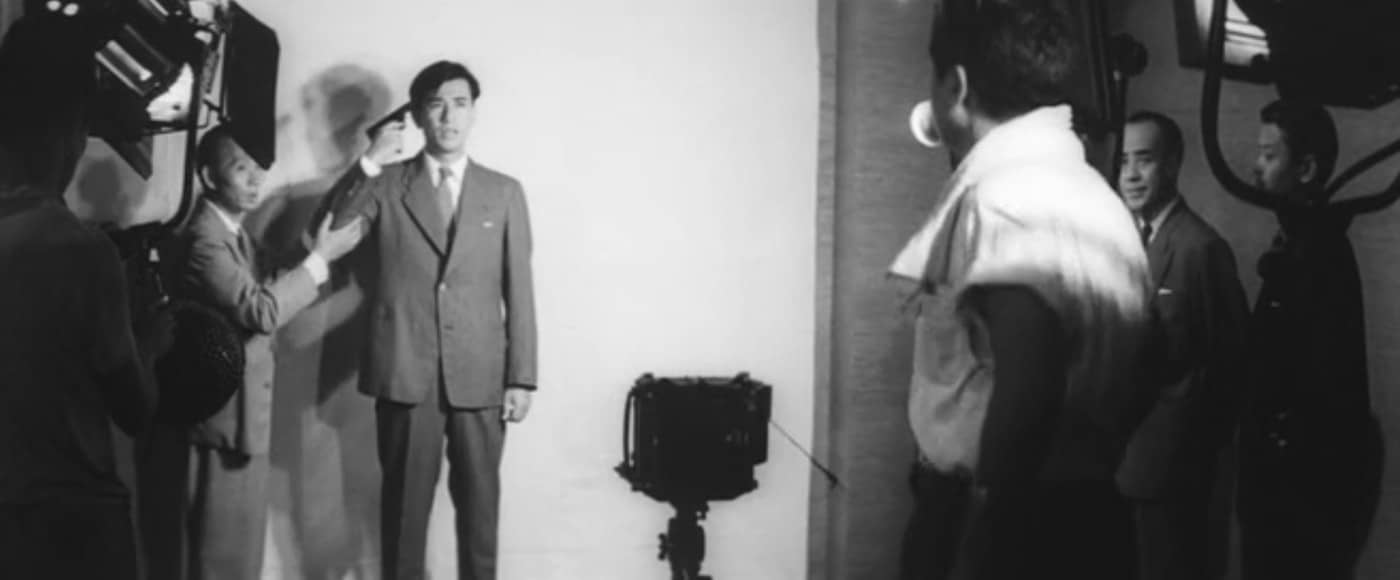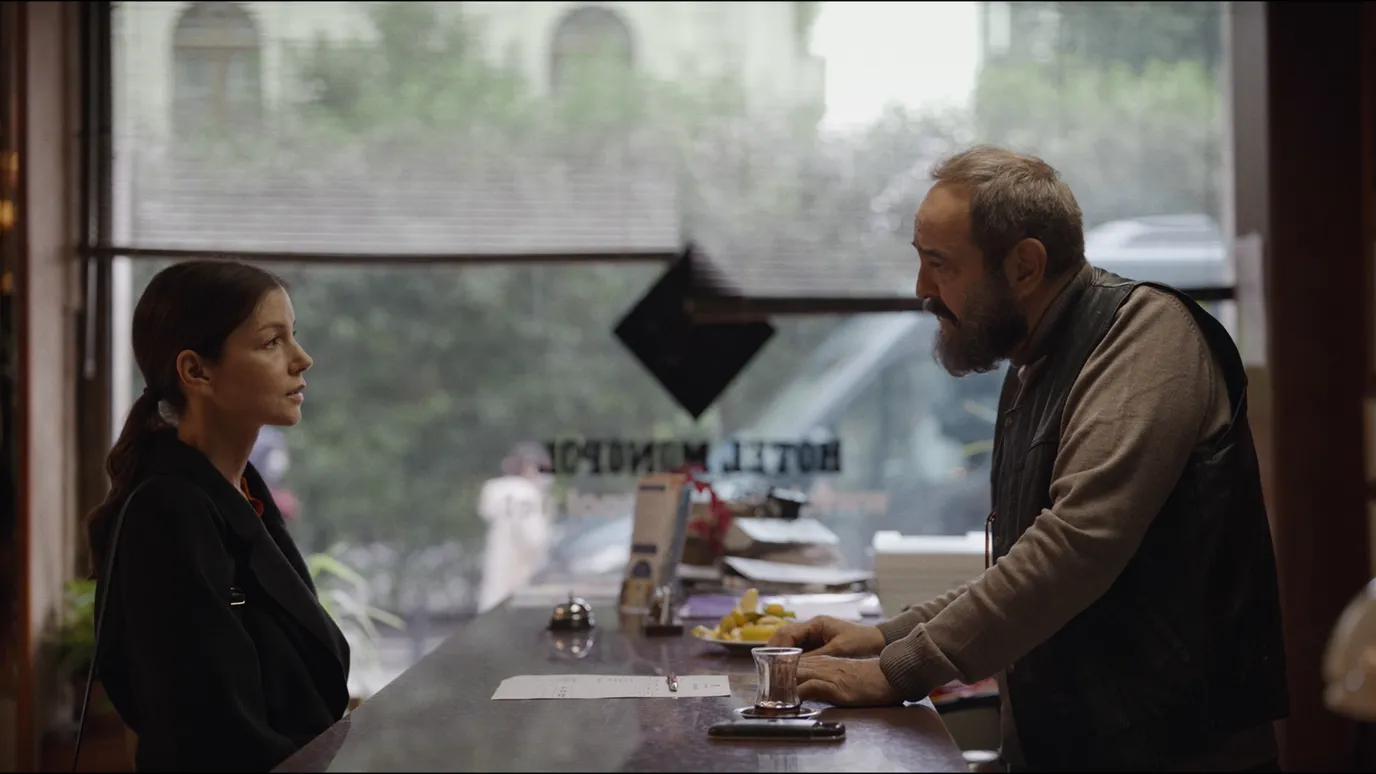Lavishly produced and epic in its romanticized picture of King Sejong the Great (1397-1450) and his reform of the Korean alphabet, “The King's Letters” is the kind of film that gets easily funded anywhere when it praises the history and culture of its country of origin, by cementing the cult of a certain historic figure.
King Sejong is played by Song Kang-ho, who (finally) became a trademark name (internationally) after his performance of the troublemaker family's father in Bong Joon-ho‘s “Parasite”. In “The King's Letters”, he is given the ungrateful task of slipping into the skin of a clumsily developed titular character who lacks charisma and the very much needed je ne sais quoi. Song is performing a role of a monarch who dedicated his life to a thorough language reform in order to eliminate illiteracy in his country, but at the same time he is indecisive and soft, and often sheepish as a schoolboy. Furthermore, his allegedly biggest passion is passionless. Sejong the Great is simply annoyed by his urge to change the state of things, and his actions to improve the alphabet look like a bureaucrat's attempt to add a couple of extra cells in his excel sheet to make things run more smoothly. Barely ten minutes into the film, after a ceremony in which he had called for upper forces to bring rain to his drought-stricken country, he already destroyed his own research because “everything is pointless”. What is pointless is wanting, then not wanting, then slightly wanting and then again giving up when it gets difficult until someone else wants it to the point of not wanting it anymore. Which is literally the plot of “The King's Letters” that had a special screening at PÖFF | Tallinn Black Nights Film Festival.

A bit of blood gets pumped into the film's veins with the appearance of a young Buddhist monk Shin-mi (Park hae-il), who becomes a kind of the king's personal (but secret) Mr. Miyagi with his bag of quotable wisdoms. The reason for his hiding is that the city had been cleaned of Buddhists after the rise of Confucianism, and the expert linguist and the keeper of the famous Tripitaka Koreana in the Haeinsa temple – a collection of Buddhist scriptures carved onto 81.258 wooden printing blocks, is being kept in the palace together with a small group of other monks. They are all summoned to help the king with developing the ideal Korean alphabet by studying the ancient languages like Sanskrit and Old Tibetan, and find a key to a new, more accessible way of writing.

As in the opening credits of the film state, there are many theories about the genesis of Hangul letters, published in 1446 in a document known as Hunminjeongeum which the king wrote to describe a new script for the Korean language. A detailed account of how it came to being is given, which would sit perfectly in a more action-packed film. Here, it just adds to the general nuisance about the information being piled up without the genuine feelings. They do appear out of the blue when it comes to the king's private life, if it can be called so. The queen So-heon, played by Chun Mi-soon, who tragically took her own life in summer, sacrifices her own commodity and life for the higher good, which does feel spooky if acquainted with the real-life tragedy. She gives a spark of emotion to the film although the circumstances of her death remain quite unclear. Heartbreak? Terminal illness? Something else?
At his court, the king is facing the same kind of resistance as many other rulers with good intentions before or after him. In his case – there is still an aftertaste of his predecessor's execution that he is blamed for, and the Confucianism he brought forward proves to be very conservative. This also has an impact on his wife's funeral – she was a practicing Buddhist who had to keep her religion for herself. Cinematographer Kim Toe-kyung proves a great choice for this period costume drama. His crisp photography highlights the luxury of the curt and costumes masterly designed by Shim Hyun-sup and Lee Yi-yeon.















